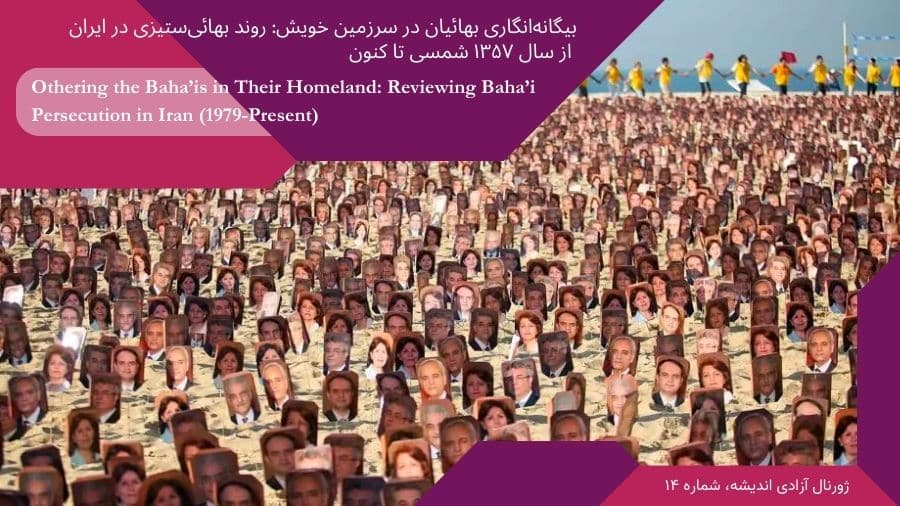Abstract:
The Baha’i Faith originated in Iran and currently boasts millions of followers worldwide. Within Iran, the Baha’is constitute the largest religious minority community. However, since its establishment, followers of the faith have experienced discrimination and suppression in the country. This paper examines the history and methods of Baha’i persecution, with a particular focus on the post-1979 revolution era, during which persecutions escalated and became more systematic. The article explores the motivations behind attacks on the Baha’is by different social groups, specifically examining the reasons articulated by the Iranian intelligentsia. The paper argues that the Baha’is have been cast as the scapegoats of Iranian society to be blamed for its shortcomings and crises. Simultaneously, the Iranian population defers recognition of the Baha’is’ human rights until they can substantiate their doctrine, thereby legitimizing persecution through attempts to challenge Baha’i beliefs and principles. The article concludes by highlighting instances of Iranian scoiety defending their Baha’i fellow citizens amidst the increasingly systematic discriminations. This text draws on an array of sources, including historical documents, arguments from other scholars, daily news, and interviews with individuals who have faced discrimination.[1]
[1]With gratitude to all those who shared their experiences with me, I have not included their names in the article for security reasons.


